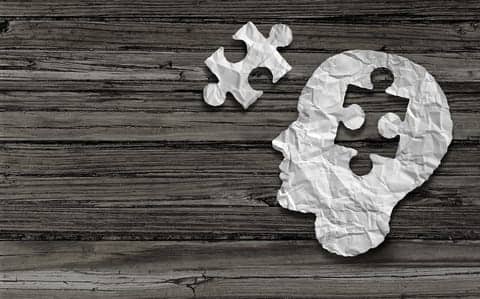Spectrum News reports on how most people with autism have trouble falling and staying asleep.
Their sleep problems often include the hallmarks of insomnia: difficulty falling asleep, waking up multiple times during the night and getting less sleep than average. Animal models of autism display these same signs, suggesting that sleep problems may arise from fundamental mechanisms conserved across species. But scientists do not yet know what these mechanisms are, much less why insomnia is so prevalent in autistic people.
Autism researchers and clinicians commonly refer to insomnia as a comorbidity, meaning that it only accompanies autism. However, we suggest that doctors and scientists may need to consider it as an integral part of the condition and begin to study sleep in more rigorous ways — for instance, using technology in place of surveys and questionnaires.




